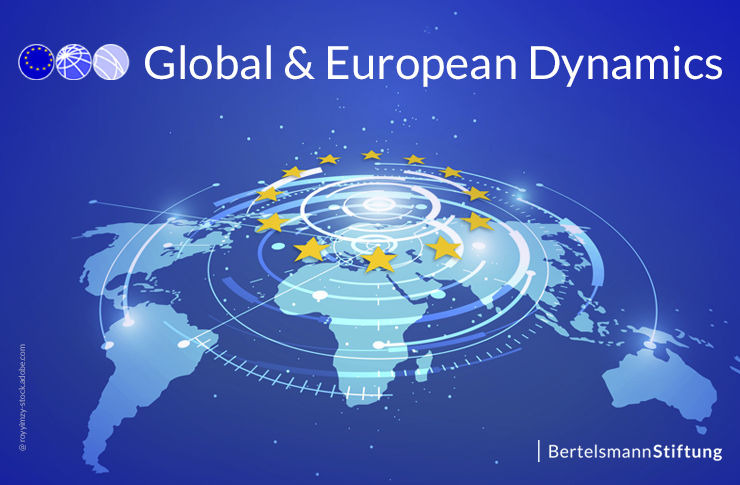
|
April 2023
Dear Readers,
This week we start by featuring a new empirical study from our team working on the future of EU cohesion policy. Entitled “Technological Capabilities and the Twin Transition”, it shows how European regions can combine their existing resources to produce green and digital technologies such as wind, solar or thermal energy, or Artificial Intelligence and semiconductors.
Further articles in this edition of GED Monthly examine the state of play in the UK, as the Conservative government navigates its role between regional blocks on the world stage whilst searching for a viable post-Brexit economic model at home. We also examine the subsidy race between the EU and US and look more closely at the China-Russia connection, following Xi Jinping’s visit to Moscow last month.
Finally, we would like to draw your attention to three upcoming events on the Carbon Border Adjustment Mechanism (CBAM), China in 2023 and EU cohesion policy which you can sign up to at the end of this newsletter.
With warm wishes,
Stephan Vopel and Malte Zabel
Director and Co-Director
Europe’s Future Program
|
|
|
|
|

Two Birds with one Drone: How Technological Progress can Target the Twin Transition and Regional Cohesion
European regions require technological capabilities to green and digitize their economies in line with the twin transition. These capabilities, however, are not spread evenly across European regions. Making matters worse, relevant innovation activities are highly concentrated in more developed regions, while inter-regional collaboration is both rare and tends to occur domestically. As a result, much of Europe’s technology potential remains untapped and opportunities for greater cohesion unrealized. Our new empirical study draws on patent data to map regions’ capabilities and – crucially – tell us who should be working with whom to develop the technologies of the future, whilst at the same time contributing to European cohesion.
Read more
|
|
|
|
|
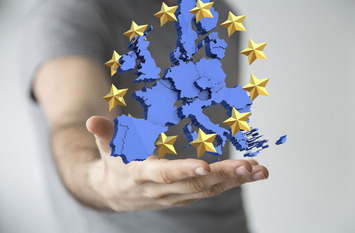
EU Capitals of Culture and Economic Development
The label “European Capital of Culture” (ECoC) has been awarded annually to one or more European cities since 1985. But what are the long-term results of such recognition? This article provides overview of the ECoC program from both a cultural and a socio-economic perspective and presents new quantitative evidence of the economic and democratic impact associated with the award.
Read more
|
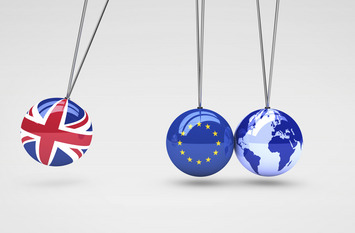
Home and Away: The UK after the Windsor Framework
This month’s agreement between the EU and the UK on trading across the Irish land border constitutes an important step towards normalising EU-UK relations. Yet when it comes to navigating the post-Brexit world, the UK’s Conservative government has arguably made more progress in positioning itself in on the global stage than in developing a sustainable economic model at home.
Read more
|
|
|
|
|
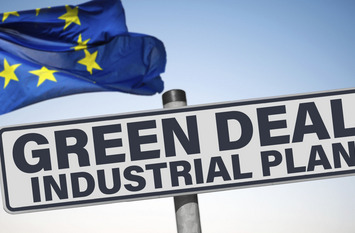
Level Up or Lose Out: The Green Deal Industrial Plan
After decades of scaling back on interventionist state policies in the hopes of “levelling the playing field”, industrial policy in the EU is now back with a bang. The EU responded to Joe Biden’s $369bn Inflation Reduction Act with an industrial emergency plan to remain competitive. Many are now expecting a subsidy race for market shares in critical technologies for the green transition.
Read more
|

Europe and the IRA: A Green Subsidy Race Helps and Hurts
This summer, US President Joe Biden signed the Inflation Reduction Act (IRA) into law. Although not apparent at first glance, the IRA is a form of industrial policy meant to achieve a number of goals, including the expansion of renewable energies, the rebuilding of energy infrastructure and the production of climate-friendly industrial goods. We examine the justification and impact of such subsidies.
Read more
|
|
|
|
|
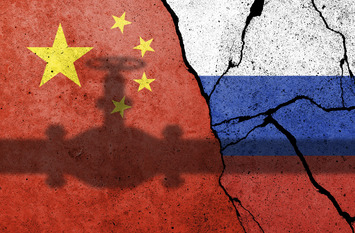
China and Russia – (Big) Brotherly Relations
At a time of heightened global polarization, Chinese President Xi Jinping headed seven and a half hours west to Moscow for three days of one-on-one talks with the Russian President. Yet such (big) brotherly relations could potentially turn toxic for junior partner Russia as the country risks sliding into an unbalanced dependency. For Europe, the challenge remains serious.
Read more
|

Four Tech Lessons Learned from the War in Ukraine
The U.S.-German Futures Forum that took place at the Munich Security Conference on “Data for Good: Tech Insight for Security and Democrac”, saw an intergenerational panel from NATO, Google, the Center for a New American Security (CNAS) and the Responsible Technology Hub (RTH), discuss the role technology plays in the war against Ukraine. Here we present four important takeaways.
Read more
|
|
|
|
|
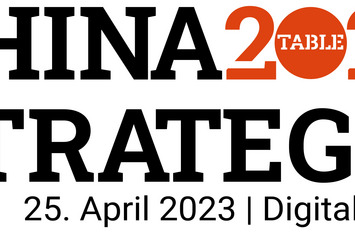
Online Event with Table.Media: China-Strategy 2023
With the German government working on its new China strategy, Table.Media and Bertelsmann Stiftung will bring together top-class experts from politics, business, science and society for an online event on the subject. China will be discussed for on hour each as a competitor, a rival and a partner. The digital conference on April 25 at 10am CET will provide orientation for decision-makers focussed on the current debate.
Read more
|

Online Event on the Carbon Border Adjustment Mechanism
It is our pleasure to invite you to our next EU Strategic Toolbox Talk on The Carbon Border Adjustment Mechanism (CBAM). With guests including Madelaine Tuininga of the Commission’s DG-Trade and Sonja Peterson of Kiel University we will discuss CBAM’s objectives and challenges, as well as its implications for EU trade policy with its neighbourhood, the U.S. and China. Join us on April 27 at 5:15 pm CET.
Read more
|
|
|
|
|
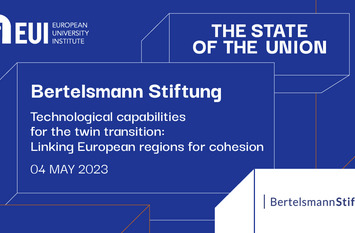
Event with the European University Institute: EU Cohesion
We look forward to presenting our new empirical study on the technological capabilities of EU regions in Florence next month. We will discuss the findings with the co-author of the research, Pierre-Alexandre Balland, Professor of Utrecht University, as well as with Anna Sobczak, Policy Coordinator DG ENER, European Commission. Please join us on May 4 at 15:20 CET.
Read more
|
|
|
|
|
In the next edition
|
|
|
|
In the week ahead our experts offer their views on the elections in Turkey, the entering into force of the DMA, as well as deglobalization scenarios and the future of transatlantic relations.
To keep abreast of our work, please keep an eye on our blog: globaleurope.eu
Or follow us on social media: http://twitter.com/GED_Tweet
|
|
|
|
|
|
|
|
|
|
|
|